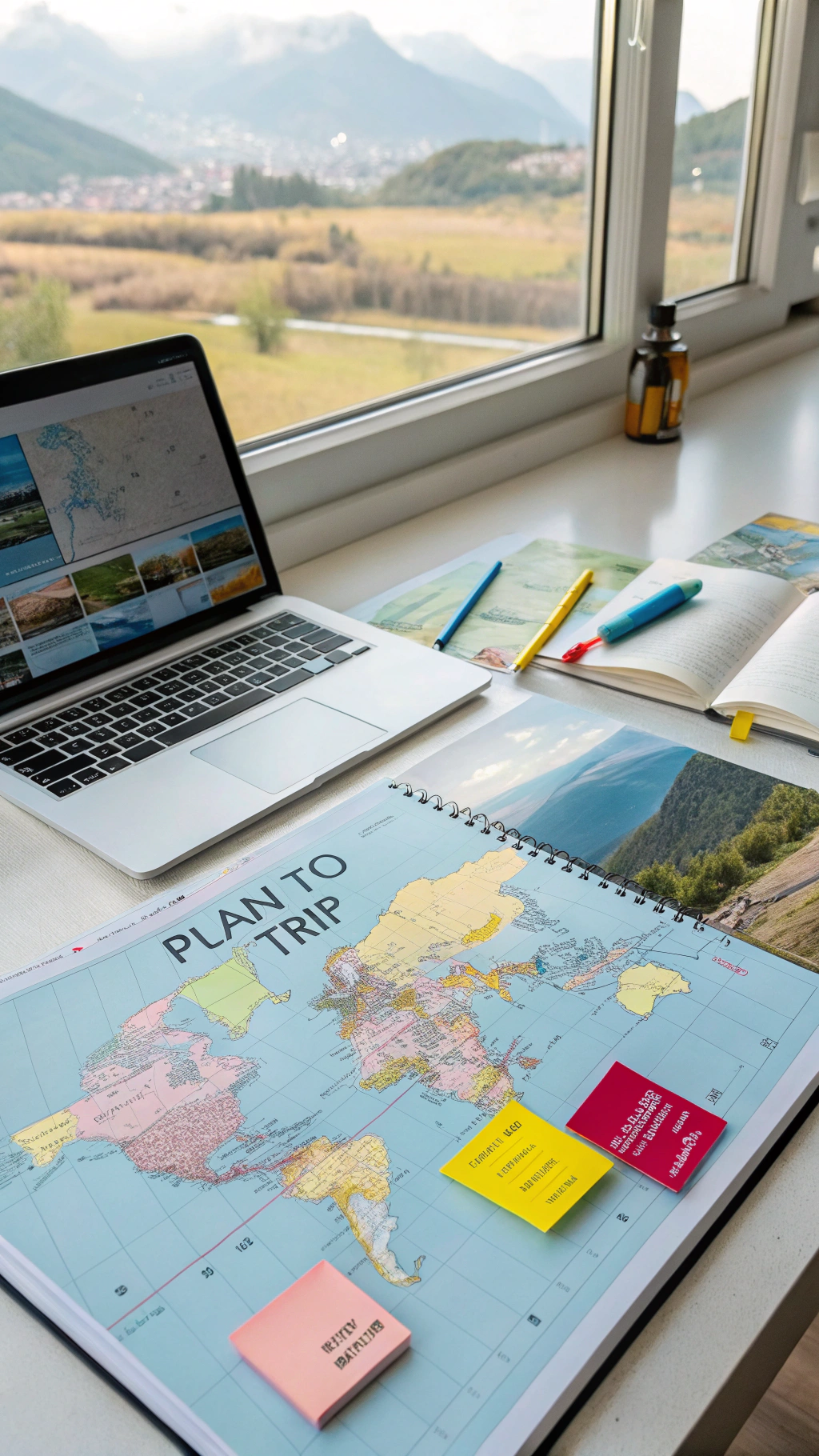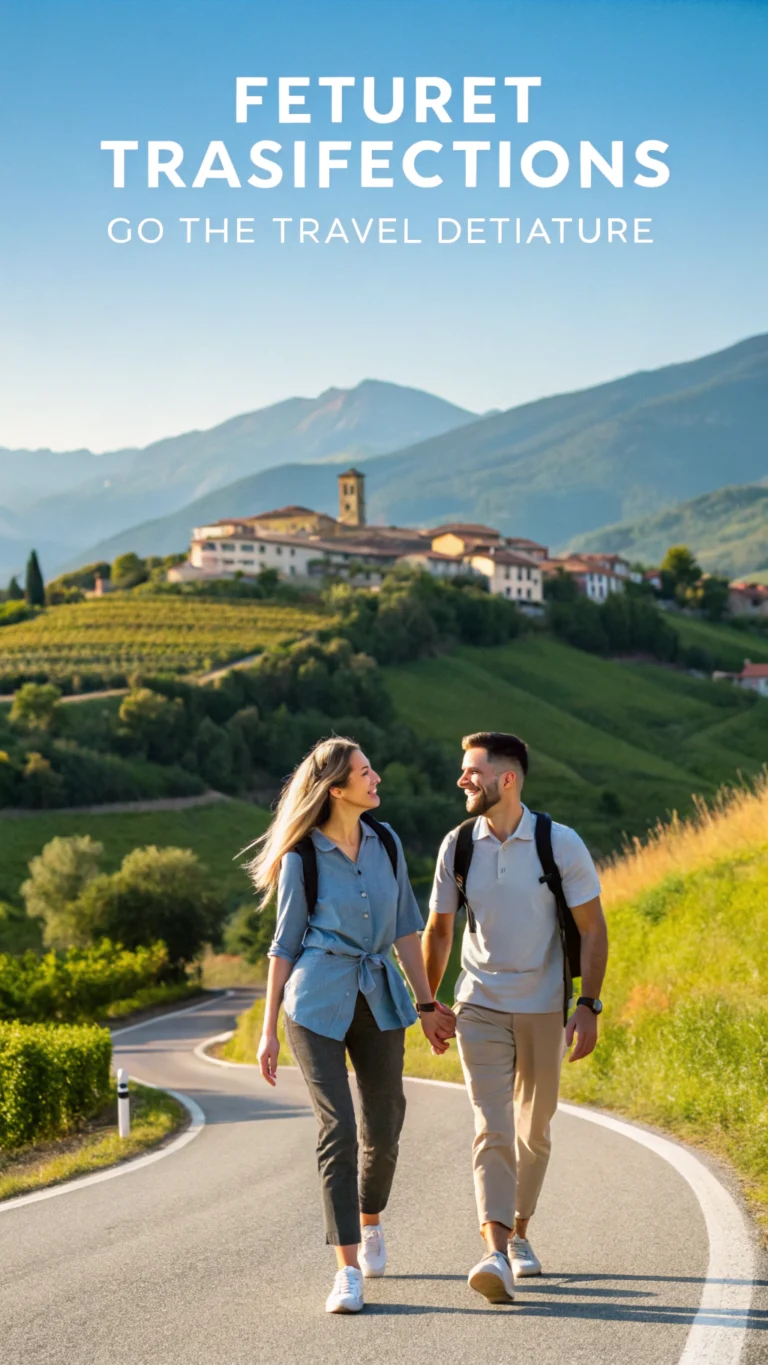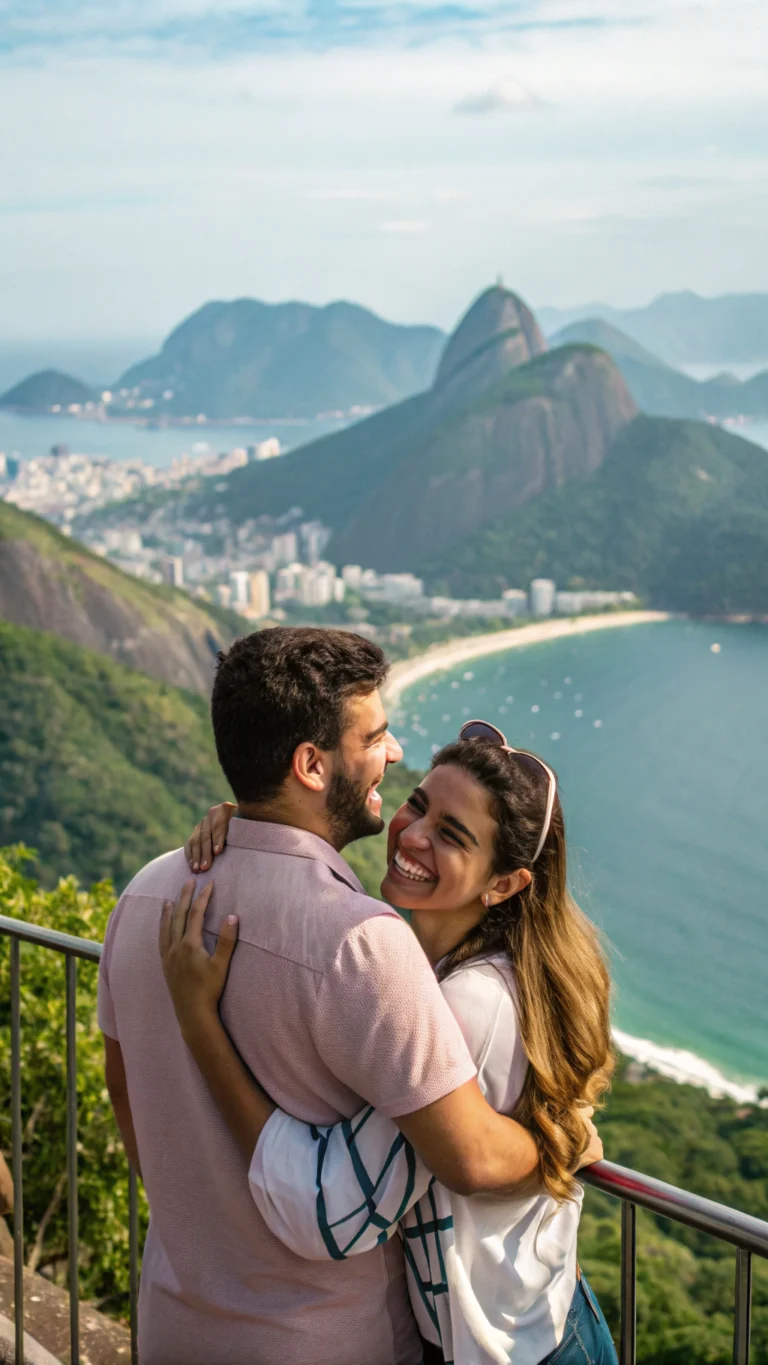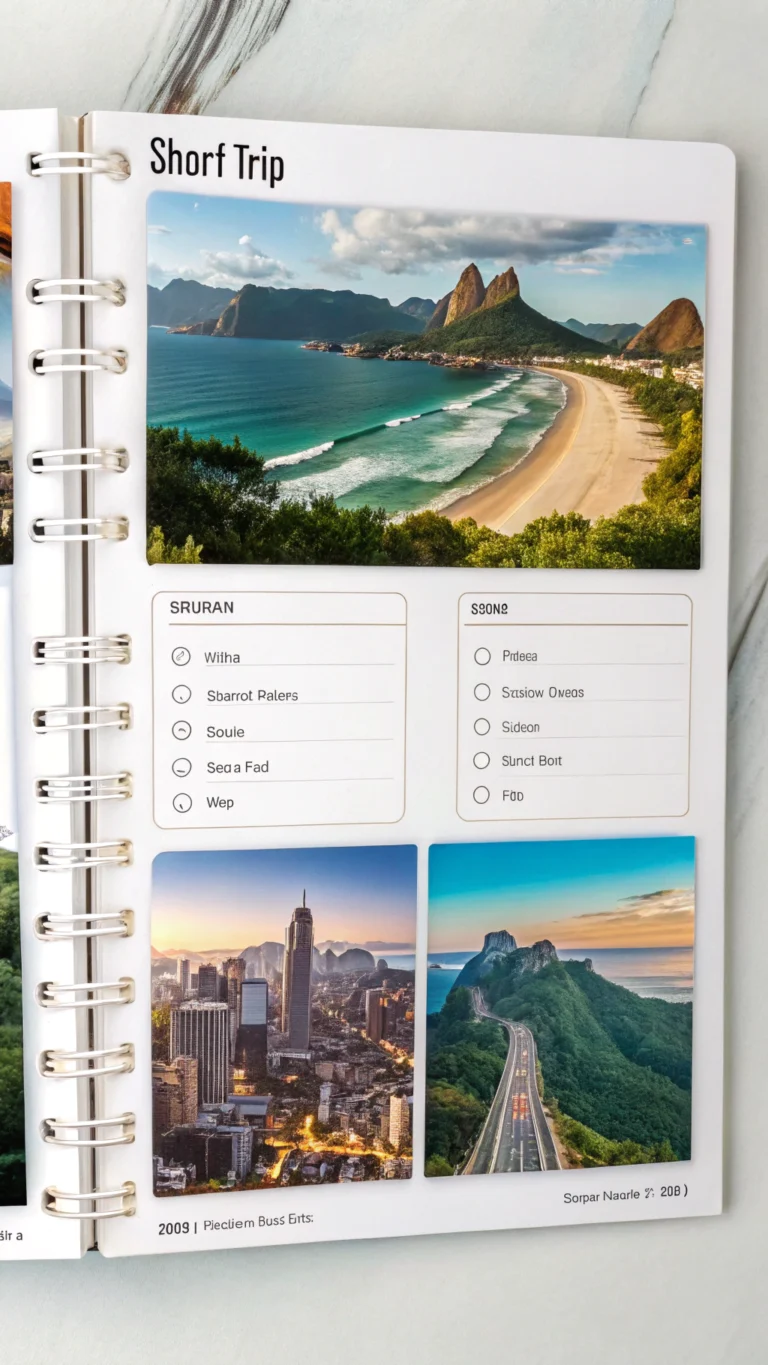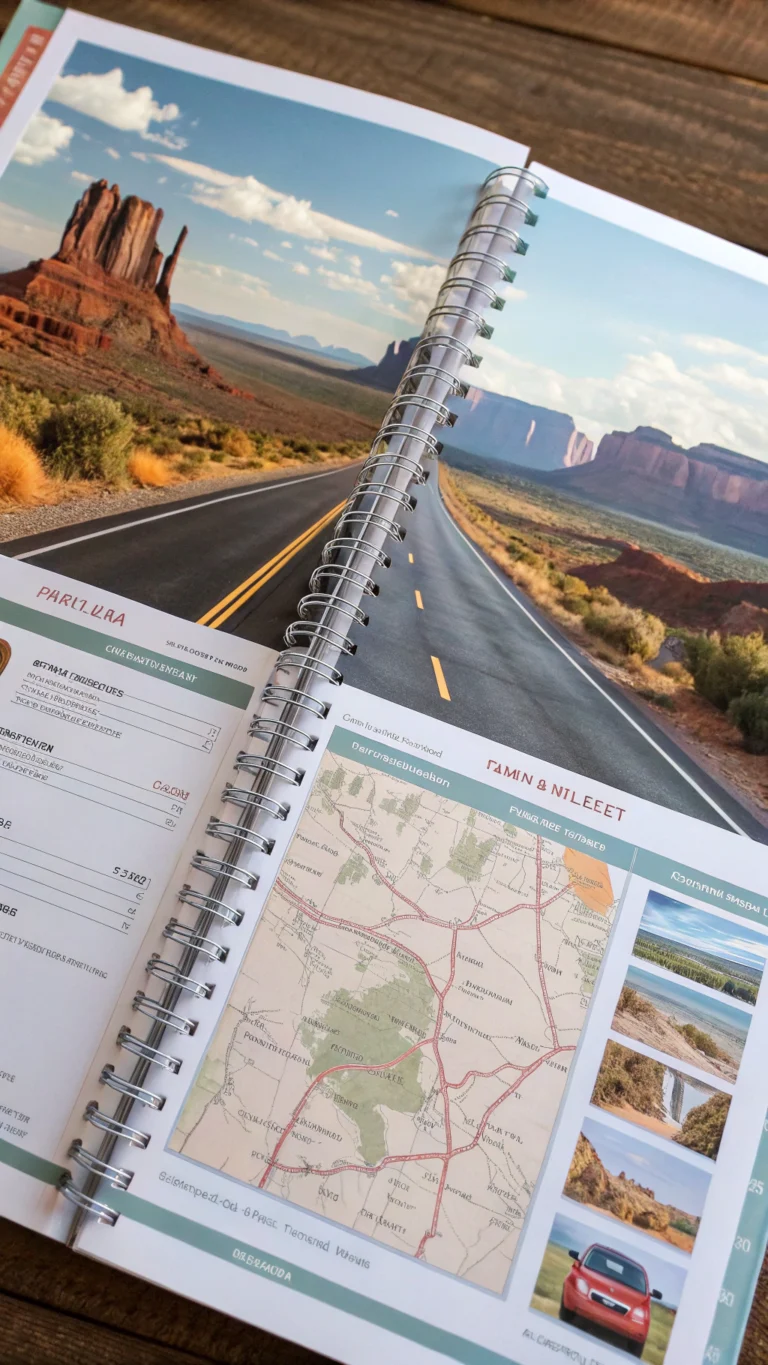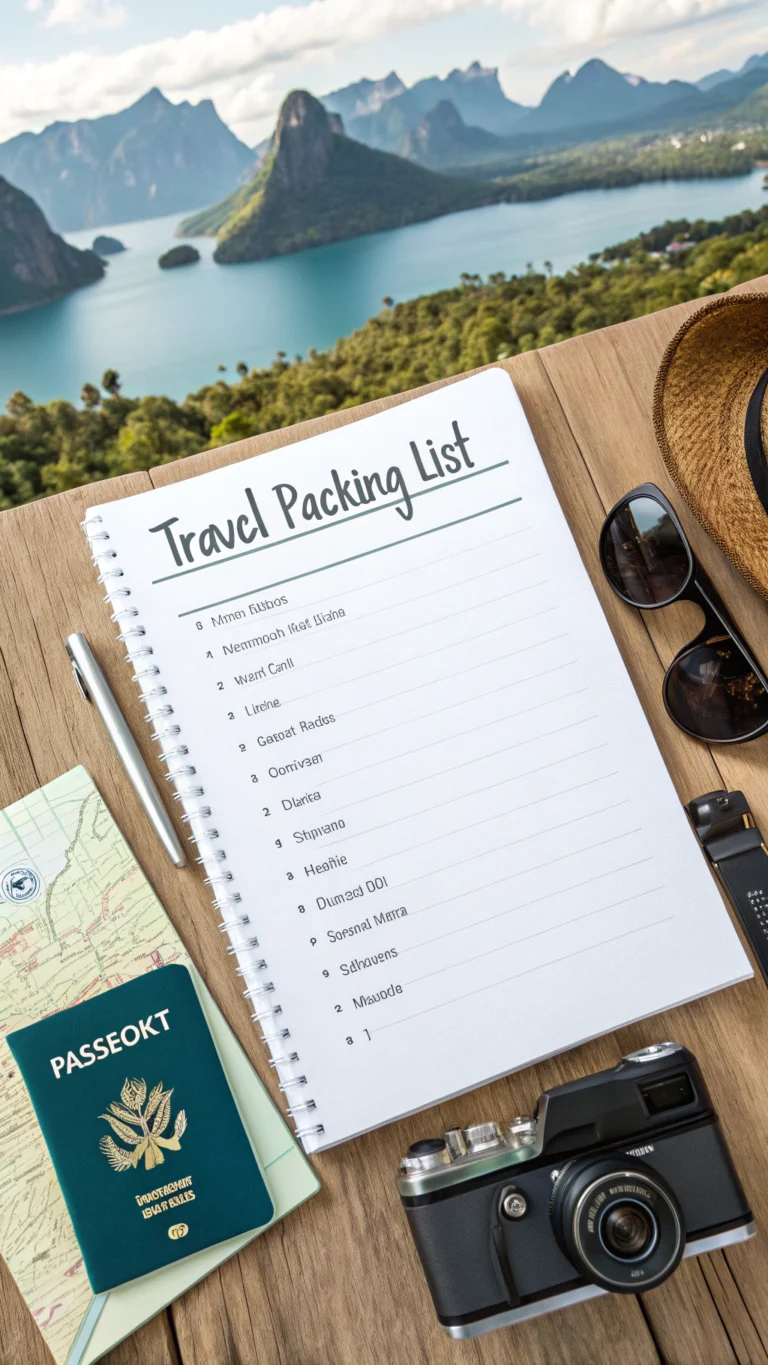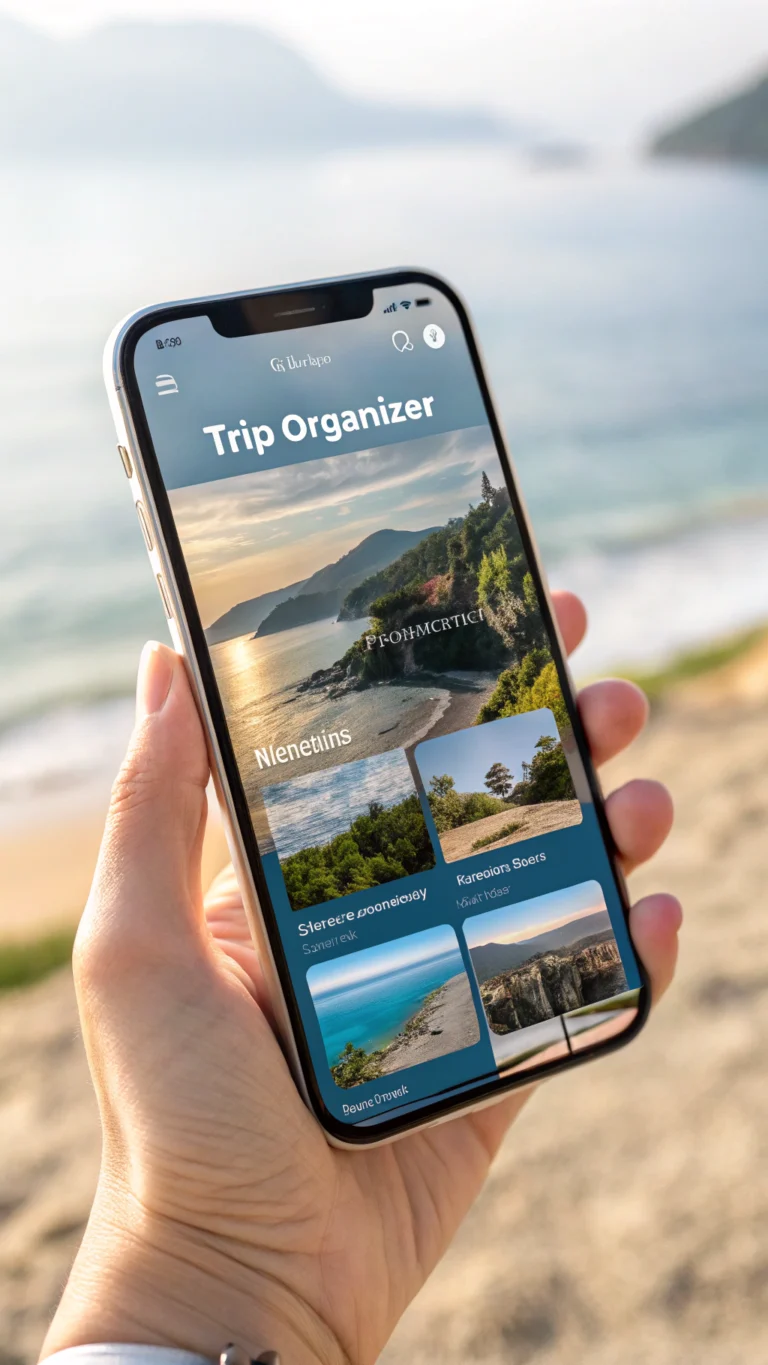How to Plan a Trip: 7 Essential Tips for the Perfect Getaway
Table of Contents
Introduction
Ever wonder why, given that the whole point of a vacation is to decompress, 63% of travelers say they experience stress when arranging their trip? The key to a genuinely restful holiday starts long before you leave. Effective trip planning can turn an otherwise stressful experience into a smooth journey that inspires and rejuvenates you. These seven crucial planning techniques will guarantee that your next trip offers the ideal ratio of excitement to leisure, whether your dreams involve pristine beaches, historic cities, or wilderness getaways.
Destination Overview
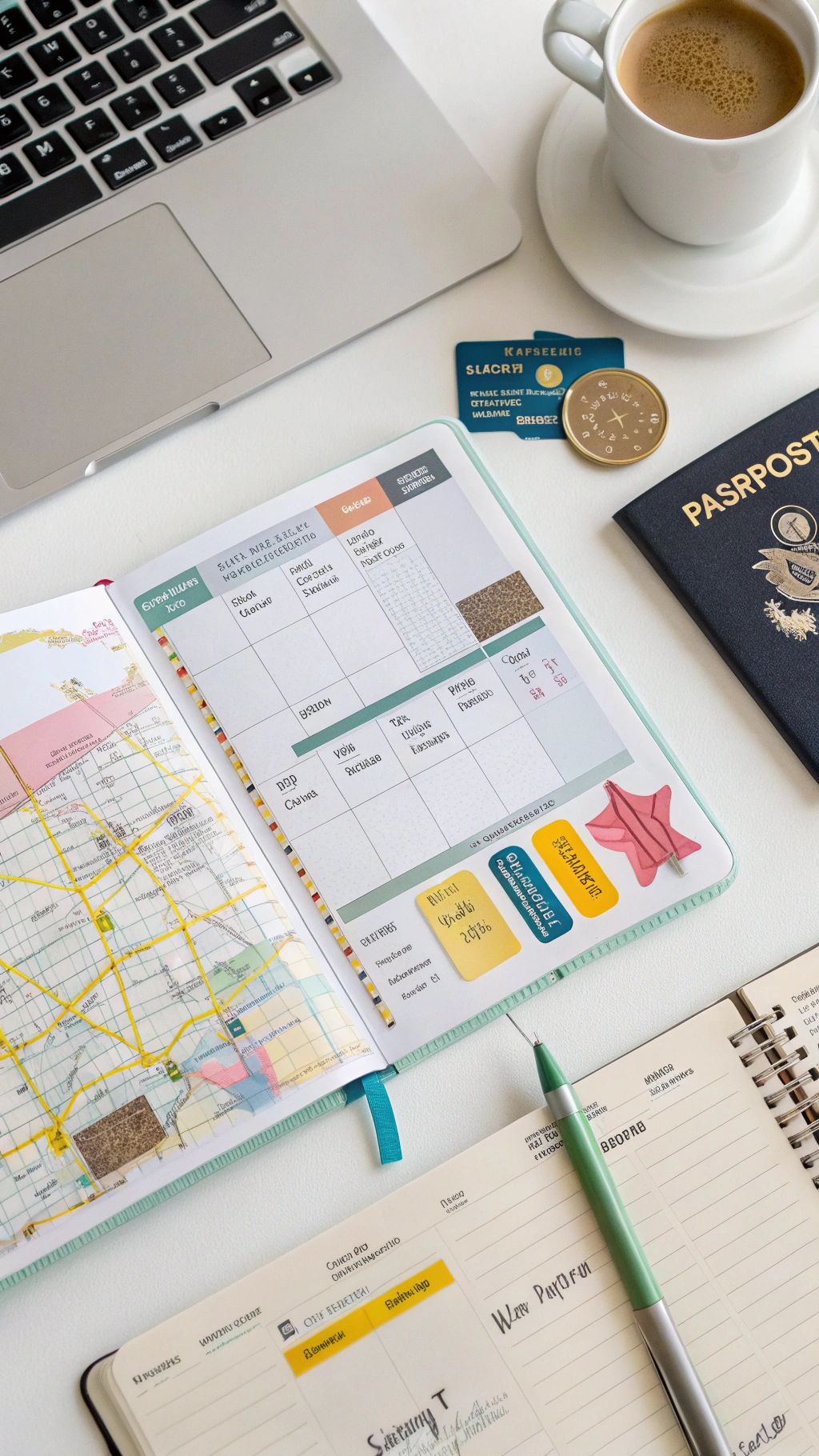
Arguably, the most important choice you will make when organizing a trip that fulfills your expectations is where to go. The ideal location fits your hobbies, spending limit, and free time. Think about the experience you’re looking for: adventure, relaxation, cultural immersion, or maybe a mix of these. Look into places that fit your vision while taking into consideration realistic aspects like local events, tourist seasons, and weather.
Each destination has a very different ideal time to visit. The shoulder seasons (April–May and September–October) for well-known European locations provide up to 40% off lodging costs while maintaining pleasant weather and fewer tourists. In contrast, the distinct wet and dry seasons in tropical paradises like Thailand or Costa Rica have a big influence on your trip. Research indicates that making reservations four to six months in advance usually results in the best availability and affordable prices.
Travel Itinerary
Day 1-2: Arrival and Orientation
- Arrive and check in at accommodation (budget 2-3 hours for airport transfer and check-in)
- Take a guided walking tour to orient yourself (saves approximately 1 day of self-navigation confusion)
- Enjoy a welcome dinner at a local establishment (research shows this helps combat jet lag)
Day 3-5: Main Explorations
- Visit primary attractions during weekdays when crowds are 30% smaller
- Dedicate one day to a day trip to nearby attractions
- Schedule a free afternoon for spontaneous discoveries or relaxation
Day 6-7: Deeper Immersion and Departure
- Explore off-the-beaten-path locations
- Schedule a local cooking class or cultural activity
- Final souvenir shopping and departure preparation
Pro tip: Studies show that alternating active days with relaxed ones leads to higher travel satisfaction scores and prevents the common “vacation burnout” reported by 41% of tourists who overpack their schedules.
Must-See Attractions
Balancing iconic landmarks with hidden gems creates the most memorable travel experiences. Research shows that 78% of travelers rank “experiencing authentic local culture” as their top priority, yet many never venture beyond tourist hotspots.
When figuring out how to plan a trip with meaningful attractions, consider creating a 3-tier system:
- Must-see attractions (iconic landmarks)
- Personality-match experiences (aligned with your specific interests)
- Local favorites (recommended by residents, not guidebooks)
This approach helps you prioritize your time while ensuring authentic experiences. For popular attractions requiring tickets, booking 2-3 weeks in advance can save up to 30% on premium pricing and eliminate hours spent waiting in line.
Where to Stay
Your accommodation choice significantly impacts your travel experience and budget. Hotel comparison platforms reveal that booking 3-4 months ahead typically saves 23% compared to last-minute reservations.
Consider these accommodation strategies:
- City centers provide convenience but cost 35-50% more than neighborhoods just 10-15 minutes away
- Vacation rentals offer 30% more space than equivalent-priced hotel rooms
- Boutique hotels typically provide more personalized service than chain properties
- Strategic location near public transportation can save you approximately 2 hours daily in commuting time
For solo travelers, hostels with private rooms offer both savings and socialization opportunities. Families generally find better value in apartment rentals, while couples often report higher satisfaction with boutique accommodations that offer distinctive character.
Food & Local Cuisine
Culinary experiences regularly rank as travelers’ most vivid and lasting memories. Research from food tourism associations indicates that travelers who prioritize local dining experiences report 27% higher overall trip satisfaction.
When planning your culinary exploration:
- Research signature local dishes before arrival
- Look for restaurants where locals dine (usually 20-30% cheaper with more authentic flavors)
- Consider food tours early in your trip to gain orientation and recommendations
- Save fine dining experiences for later in your trip after you’ve established taste preferences
For travelers with dietary restrictions, translation cards explaining your needs in the local language can prevent confusion and ensure appropriate meals. Apps that filter restaurant options by dietary needs have become increasingly accurate, with 82% reliability according to recent user studies.
Travel Tips & Essentials
Smart preparation dramatically improves your travel experience. Packing cubes reduce luggage volume by approximately 30% while keeping belongings organized. Digital copies of important documents stored in secure cloud storage provide crucial backup in emergencies.
Essential pre-trip preparations include:
- Notifying your bank of travel dates (prevents card freezes)
- Downloading offline maps (saves on average 2GB of data usage)
- Learning 5-10 basic phrases in the local language (increases positive interactions by 68%)
- Checking visa requirements and processing times (some destinations require applications 3+ months in advance)
- Researching local transportation options and payment methods
Travelers who invest 4-6 hours in pre-trip research report significantly higher satisfaction and lower stress levels throughout their journey.
Common Mistakes to Avoid
The most frequent travel planning mistakes include:
- Overscheduling activities (leaves no room for spontaneity or rest)
- Underestimating transit times (create buffer zones of 30-45 minutes between scheduled activities)
- Packing too much (travelers use only 62% of packed items on average)
- Neglecting to research local customs (leads to unintentional cultural missteps)
- Failing to check weather patterns (seasonal variations can dramatically alter your experience)
By avoiding these common pitfalls, you’ll save approximately 12 hours of wasted time during a typical week-long trip.
Budget Breakdown
Understanding typical costs helps set realistic expectations and prevents financial stress. Create a comprehensive budget that includes:
- Transportation (20-30% of total budget)
- Accommodation (30-40%)
- Food and dining (15-25%)
- Activities and entrance fees (10-20%)
- Shopping and souvenirs (5-10%)
- Emergency fund (at least 10%)
Travel industry data indicates that most people underestimate their actual spending by 15-25%, particularly in categories like dining and spontaneous activities. Building in this buffer prevents financial stress during your journey.
Final Thoughts
Planning a trip well combines careful preparation with adaptability for unforeseen discoveries. A framework that eliminates frequent pressures and promotes unforgettable encounters is created by striking the ideal balance. You become a traveler—someone who not just goes to a place but actually experiences it—when you approach trip planning with consideration.
Now is the time to start organizing your ideal vacation! Keep in mind that the act of planning can be a fun aspect of your trip, creating excitement and knowledge that enhances each and every second of your journey.
FAQs
How far ahead of time should I begin making travel plans?
For the best airfare and lodging deals, start four to six months in advance for foreign locations. It usually takes two to three months to prepare a domestic vacation.
How can one best establish a reasonable vacation budget?
Look up the average prices for the place you’re going to, then factor in an extra 15% to 20% for unforeseen charges. To keep expenditures under control, use a specialized travel app.
Should I allow for spontaneity or should I plan every detail?
The best method leaves flexible time slots and arranges one big activity every day. In assessments of traveler pleasure, this “structured spontaneity” is routinely ranked top.
How can I locate genuine experiences outside of popular tourist destinations?
Early in your vacation, make connections with locals through neighborhood walking tours, cooking lessons, or cuisine tours to get tailored suggestions that fit your interests.
Which sources offer the most trustworthy information about travel?
For a well-rounded viewpoint that incorporates both traditional advice and contemporary circumstances, mix well-known travel guides (such as Fodor’s and Lonely Planet) with current blog entries and regional travel websites.

